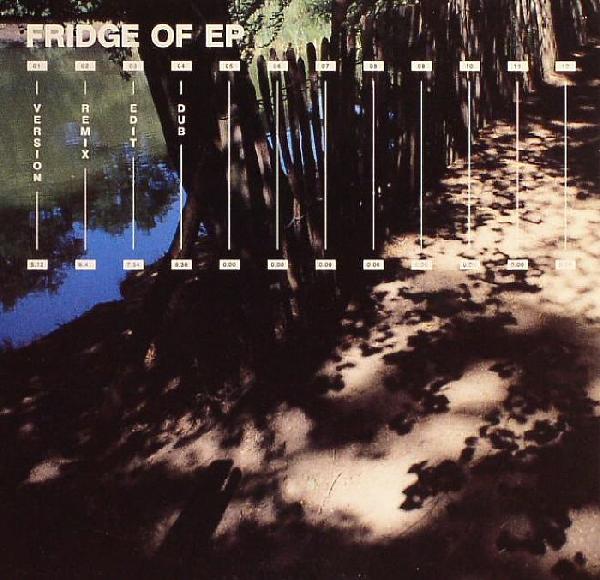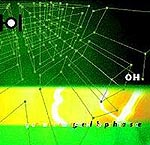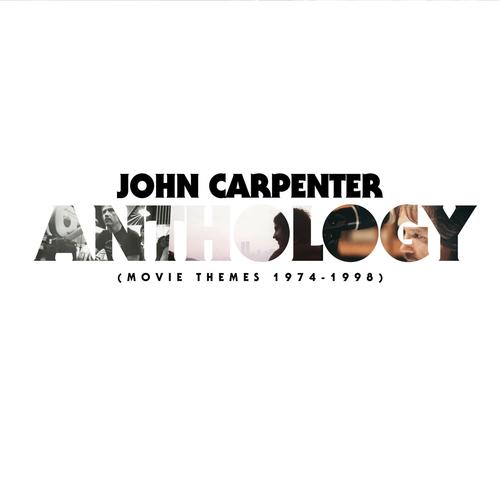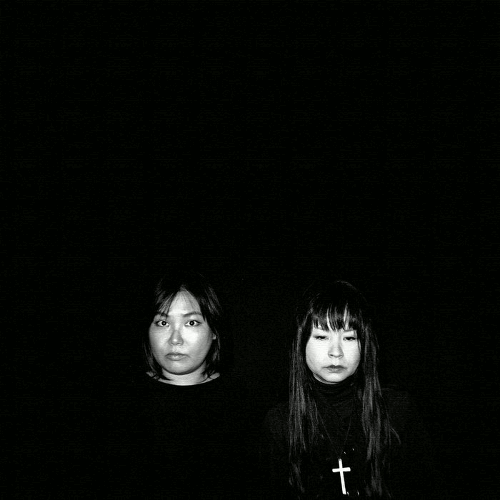Portland, Oregon
19 November 2013
Portland was at it’s finest on Tuesday night, for this sold-out performance of Dirty Three guitarist Mick Turner and indie staple Bill Callahan, who used to make music under the Smog moniker before returning to his given name for a series of well received albums.
We’ve entered the real rainy season in the City Of Roses, but it was clear and frosty night. People huddled against the cold, as a few brave souls sought after extra tickets beneath the Aladdin Theater‘s vintage flashbulb marquee. We were in the last few days of Scorpio, and there was a hidden hush beneath the pre-show exuberance. People are turning inwards, preparing to go indoors for the winter, and we have not yet hit the festiveness of Sagitarrius. There was a feeling of introversion amidst the revelry.For once, I feel prepared. I had spent the afternoon reviewing Callahan’s newest record, Dream River, and had a chance to spin a few tracks from Mick Turner’s new solo offering Don’t Tell The Driver, in between grandiose Mahler movements, as I forked sweet potato and chorizo tacos into my maw. I even caught a ride to the Aladdin, caddy corner from one of Portland’s only 24-hour coffee shops, the SE Grind. I used to wander these industrial backroads in the middle of the night, getting off of my late night cooking job at a bar downtown. I am beginning to have roots here. The Aladdin Theater is next door to a piano shop where my girlfriend and I saw Nils Frahm and fell in love. I even ran into a friend in line.
I arrived early and even had a brand-new notebook and pen, thanks to my lovely and generous girlfriend and I sat, scribbling, in the rows of red velveteen movie seats with scrolled wooden armrests, watching a wide range of 20-something indie rockers and bearded dads stroll in beneath the Tiffany butterdrop chandeliers. This crowd was a pretty good representation of Portland: there were a lot of beards and a lot of paisley. A lot of beer was being drunk, as people switch over to lumberjack mode, preparing for the wet. I even had fluffy flapjacks for breakfast.
Mick Turner opened, playing with a minimal setup: electric guitar, loops, drum pad and a very funky, very mechanical drummer. Like many/most/all modern electric guitarists, Turner is concerned with the possibilities of The Loop. Looper pedals are making possible a very new form to emerge, one that allows guitarists and drummers to go off and do what they really want to do. In the past, a guitarist would have to be either forceful enough, or have their shit entirely together, to get a backing band to hold down the fort while they go off and explore. With a backbone riff or chord sequence, a guitarist can express something entirely intimate and personal that people don’t usually get to see.Turner is following in the footsteps of challenging, exploratory guitarists like John Fahey; this music is not exactly meant to comfort and console. Instead, Turner seems interested in investigating complex tones and emotions, stacking complicated, sometimes discordant jazz chords over the pendulum of the loop. Rather than the happy/sad/mad primary colors of pop music, Turner paints in avocado green and burnt orange, the colors of leaves and the shadows of clouds. These vague states are painted with a mathematical precision; one gets the sense that both Turner and his drummer have an advanced ability to count – I’m pretty sure they were playing in 17/8 at one point. In that, Turner’s solo output is similar to Six Organs Of Admittance or even Tortoise in their deconstruction of a shuffle jazz breakbeat.
The reason this works is that Mick Turner always has a gorgeous guitar tone. He hails from Melbourne, Australia, which is expansive country. Turner’s guitar belongs to the same sphere of metaphysical blues as Neil Young‘s Dead Man soundtrack. It reminds you of a barbed-wire fencepost, warmed and worn in the strong sun. Turner’s guitar is rough, but still smooth. It hums, soars, screams and sings.When someone has been making music for as long as Mick Turner has, you wonder what keeps them going? And why has he split off from his daily duties in The Dirty Three? Is he merely having fun and killing time, in between tours? Maybe he’s got a batch of songs he’s been working up, his own private investigations? You get the sense that Mick Turner is one that plays guitar backstage and in the hotel room. He seems obsessed with finding every possible combination and permutation. His is a restless, experimental mind.
Not every experiment is a success. Some of the combination of chords, beats and tones seemed haphazard, like ‘wrong notes’, or poorly executed transitions. I had a similar reaction as to when I saw Gate open for Godspeed You! Black Emperor earlier this year. Here was truly adventurous, challenging music, opening for a pretty big show. Opening people’s ears, in the process.
When you’re a musician, you live your life on the road. The stage becomes a microcosm, and whoever is on that stage with you is the only other person in the world. I had that hushed feeling of jazz church, witnessing a Tuesday night jam session that could be anywhere. Musicians doing what they always do; seeking the sound, that crying note when everything seems right, when everything makes sense. You’ve got to chase your muse. Polite music will not get you there.I was glad to witness an honored guitarist ply his ideas to a full house. I took a lot of ideas and strange, inconclusive visions with me.
Bill Callahan took the stage with a rousing, strobing version of “White Light/White Heat” by The Velvet Underground, as a testament to the dearly departed. It was like, with the passing of Lou Reed, that the soul of the elder gospel shaman was released, and Reed is now a part of us all. It started off things with a bang, and announced that Callahan would not be playing merely the narcoleptic, introverted indie rock of his Smog days. He had a powerful backing band, a stripped-down four-piece of two gorgeous electric guitars, bass and drums. The quartet launched into 75 minutes of plastic soul, heavy on subaquatic flange and clave percussion, that managed to be funky yet still mechanical and precise.Callahan and his band played mostly material from Dream River, which I took to be a good sign. A true artist always feels that their newest material is their best. If you’re repeating yourself or doing a greatest hits tour, you’re on your way to the indie graveyard. Callahan’s star is rising, however, and he’s gaining more recognition with each album, as can be testified by the sold out show on a Tuesday night (and it is not easy to get Portlanders to come out, oftentimes). Callahan revealed himself to be a right proper rockstar and showman, albeit a rather strange and removed one. There were shades of James Brown as well as Johnny Cash, as Callahan seems to be his own brand of country royalty. He wore a black, broad-shouldered suit jacket with piping.
Like labelmate Will Oldham, aka Bonnie ‘Prince’ Billy, Bill Callahan is not making straight country/western records. Growing up, he split his time between Maryland and Yorkshire, England, as his parents were both language analysts for the NSA. One gets the feeling that a young Callahan studied folk, country, bluegrass and cowboy records with the same remove and fascination. Callahan’s set reminded me a lot of Beck‘s ramshackle postmodernism and the Talking Heads‘ nervous agit-funk. They would fall into and out of Afro-Cuban polyrhythms, but would return to a metronomic, trancey pulse that is entirely Anglo. It was like oozy plastic, shaped and molded into all manner of strange and neon shapes.Callahan’s fans verge on rabid and thorough, seemingly waiting for specific, much loved lines, like: “If you could only stop your heart beat for one heart beat,” from “Too Many Birds” from I Wish I Were An Eagle. You have to pay attention to Callahan’s music to really get it. He is basically writing short, poetic fiction in the style of cowboy lyrics. He is a storyteller, and a dreamweaver, constructing alien dream scenery, like the line “Then out rose a colossal hand buried, buried in sand” from “Drover”. One gets the feeling that Callahan is subverting normalcy, subjecting people to experimental prose in a relatable form. This is like Haruki Murakami writing lyrics for Ramblin’ Jack Elliot.
If this is his mission, Bill Callahan is succeeding admirably, getting a room full of people to hear some pretty obscure sounds. I was reminded that Smog was considered slowcore, at one point, namechecked next to slow-burners like Low, and Callahan and band got things pretty low, on this occasion, taking things down to a hushed lull, an amniotic pulse that was entirely hypnotic and psychedelic, but introverted. His second to last song was a surprisingly Jandek-ian “Rock Bottom Riser”, from Smog’s last album, A River Ain’t Too Much To Love. Atonal, detuned guitars, was like Sonic Youth backing Lee Hazelwood, and you got a glimpse of Callahan’s irreverent spirit. This was the man of restless 4-track experimentalism, a man who helped define indie rock, before it was used to sell Jettas. He, quite frankly, does not give a fuck. He is doing his thing, and he will continue to do his thing.Callahan is a seasoned performer and a consummate professional. He is a stoic but stately frontman, as noble as a cigar store Indian, and there is much going on beneath that oaken veneer.
I will be revisiting Callahan’s back catalog, to be sure, and you’d be advised to do the same, as well as check out Dream River, which is among his finest. Here’s to taking risks!
-J Simpson-



